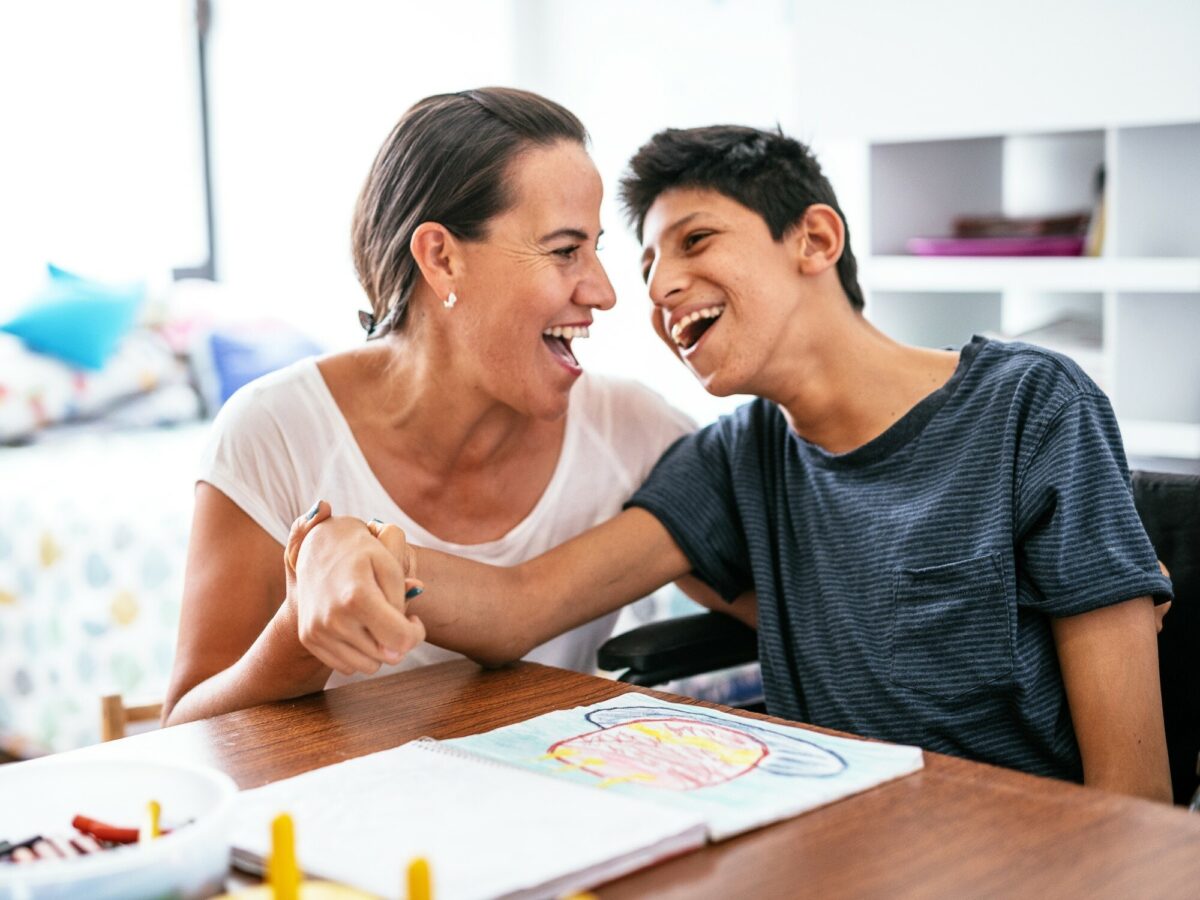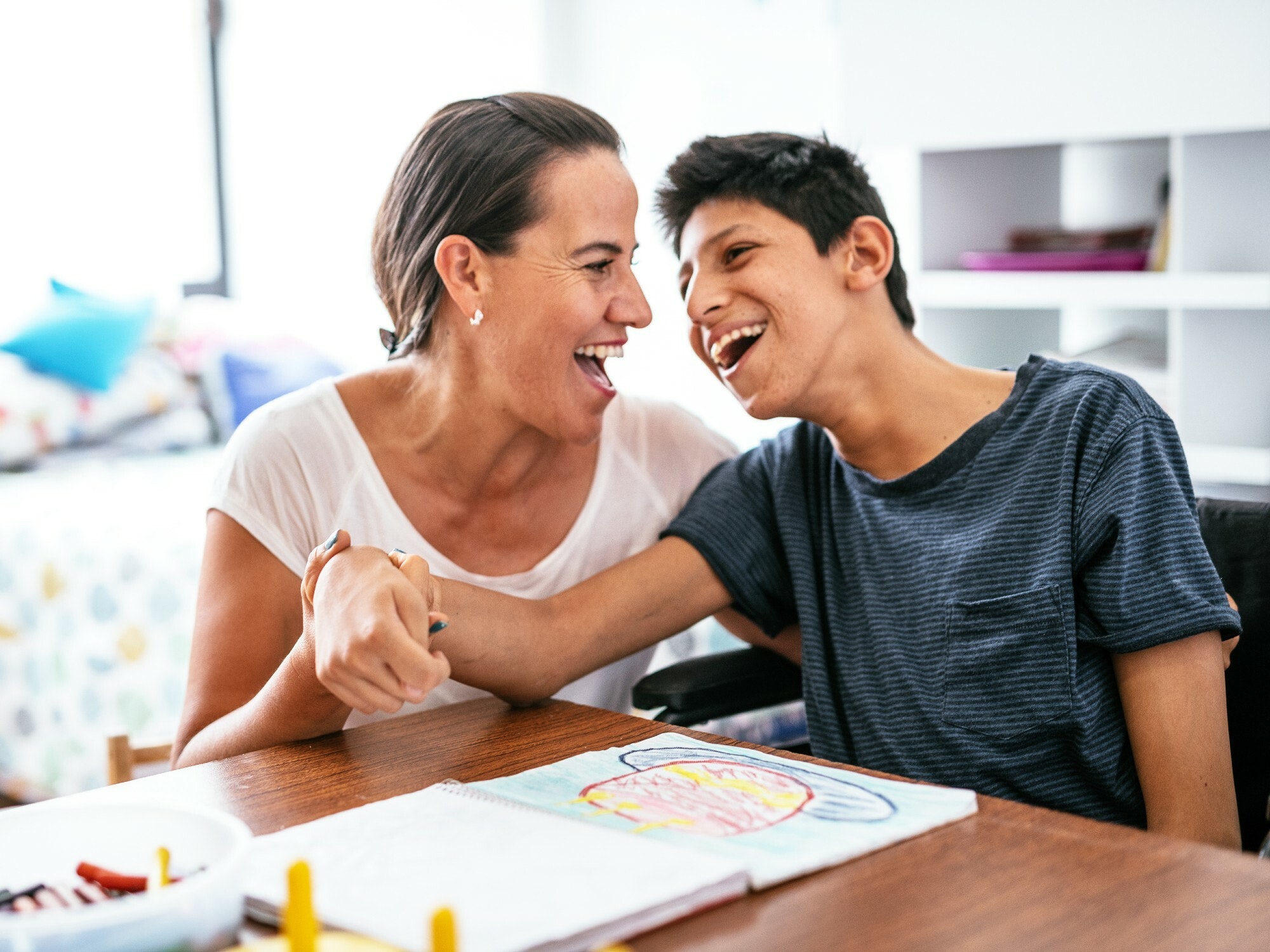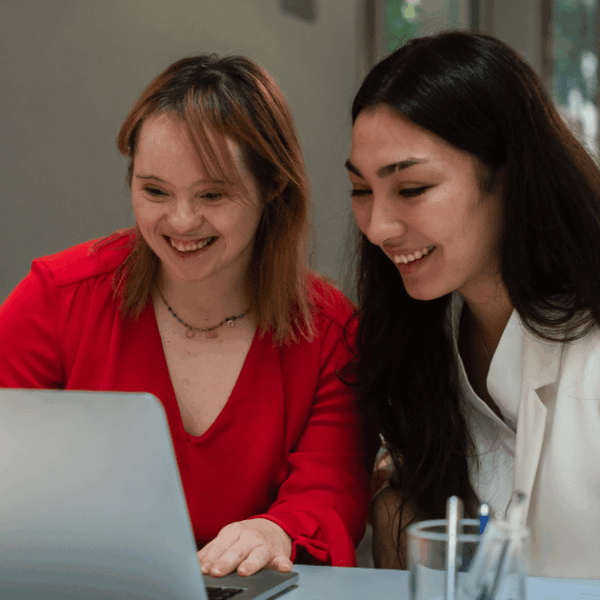Innovative tools for people with communication difficulties

Innovative tools for people with communication difficulties

Talking Mats (United Kingdom) and Voiceitt (Israel). Held on March 14th, 2023.
Speech and expression difficulties are common in people with disabilities, autism, brain injuries or dementia, and this often prevents them from expressing their opinions, feelings and aspirations in the educational stage, in a medical visit, in court or in many other life situations. At the same time, it makes it difficult for them to hold a conversation with other people or with automatic voice recognition systems (xatbots, assistants, robots…).
In recent years, solutions have been developed in other countries that provide innovative solutions to overcome these difficulties with the support of technology and visual communication tools. These solutions are being used by more and more people, from more countries and from more and more different linguistic backgrounds. In this Innobreak we will present two of them, one from the United Kingdom and the other from Israel:
- Talking Mats, a visual communication tool for people with communication difficulties (disability, autism, brain damage, dementia…). It is a tool for thinking, expression and comprehension support because it allows to process concepts through the breakdown of information, giving time to respond and reducing memory requirements. In addition, the quality of the information is improved by giving control to the respondent and providing a structured framework for open-ended questions. The tool is very useful in areas such as education, social health and justice. Since the project was launched in 2011, the tool has been used by more than 14,000 people in 40 countries.
- Voiceitt, a voice assistant for people with speech impairments that allows them to use the intelligent voice assistants on the market: Alexa (Amazon), Sirius (Apple), Google Assistant (Google), Bixby (Samsung), etc. It is an accessibility application that learns the particularities of the atypical speech of these people and translates it to conventional voice assistants, making it possible for them to use these assistants for their conversations and daily routines like the rest of citizens. The app analyzes the voice data, cadence, breathing, pauses, etc. of each person and through automatic learning learns and models the speech patterns to understand what is being said.
Speakers:
- Margo Mackay, Talking Mats (United Kingdom)
- Rachel Levy, Voiceitt (Israel)
With the support of:

Innobreaks






